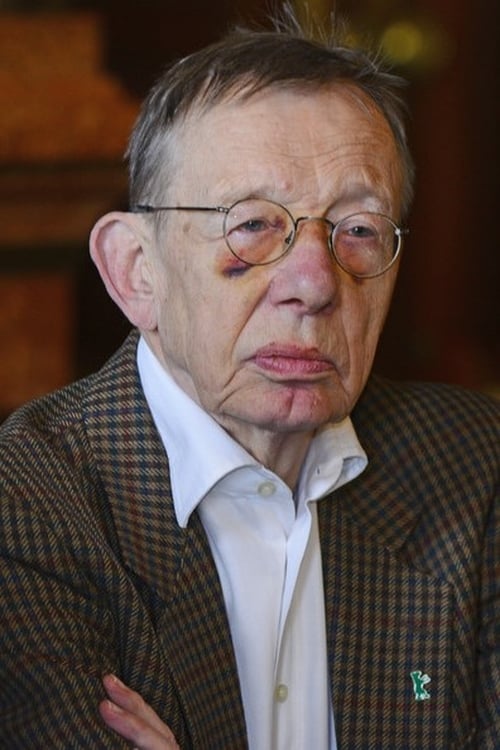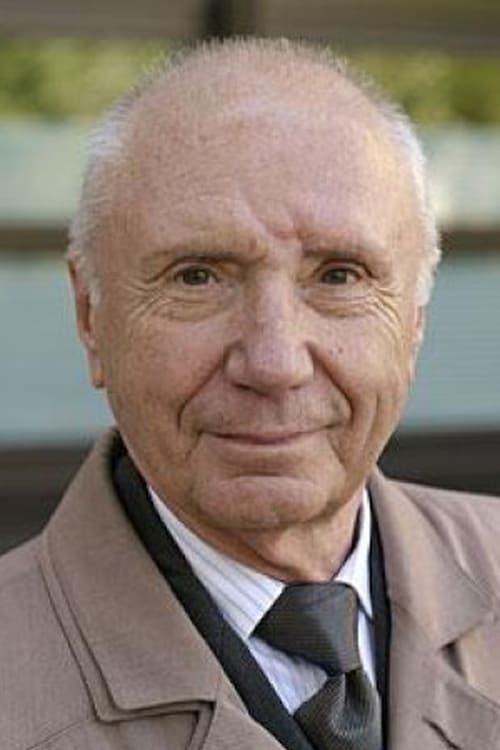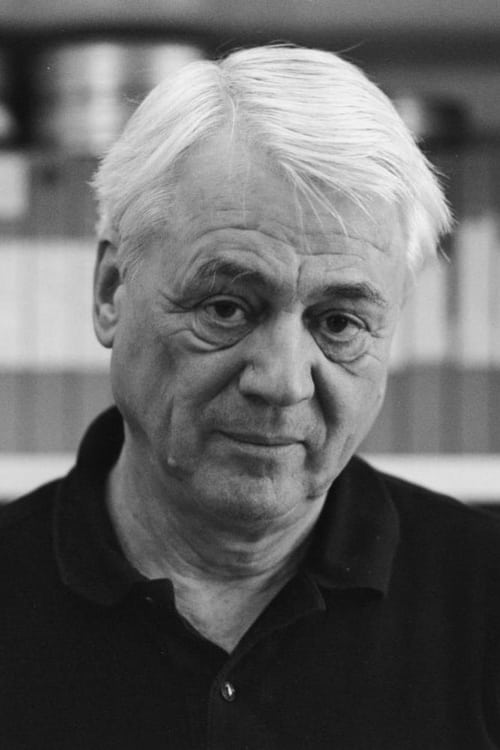Willi Tobler and the Decline of the 6th Fleet (1972)
Жанр : комедия, фантастика
Время выполнения : 1Ч 18М
Директор : Alexander Kluge
Краткое содержание
Willi endeavors to survive in a world where annihilistic galactic battles rage, by taking a job at the centre of power. But it's the wrong side that he takes in this civil war...

A documentary tracing the career of filmmaker François Truffaut through the testimony of collaborators and admirers.
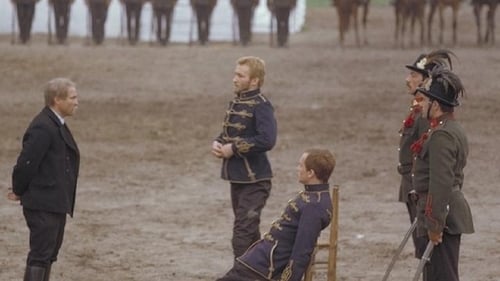
Первая мировая война. Два сына крупного венгерского землевладельца Жадания отправляются на фронт. Они храбро сражаются и полны желания победить. Но война длится слишком долго, и солдаты больше не хотят воевать. В части, где служат братья, вспыхивает бунт. Старший брат Иштван приказывает расстрелять каждого десятого солдата. Вскоре в Венгрии происходит революция. Но новая власть продержалась недолго. В стране свирепствует террор, и братья принимают в нем активное участие. Но в душе Иштвана происходит переоценка ценностей, он пытается порвать со своим прошлым..

Director Theodore Ushev uses his own blood to animate struggles with injustice in the world.
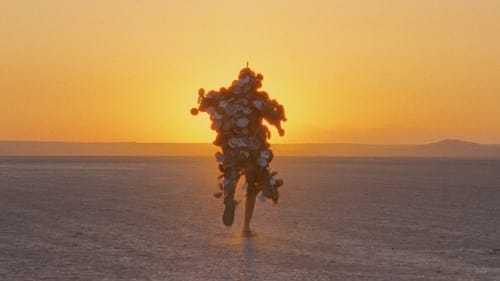
Shooting against the staggering beauty of the Moroccan landscape, from the rugged terrain of the Atlas Mountains to the stark and surreal emptiness of the desert, with its encroaching sands and abandoned film sets, a director abandons his own film set and descends into a hallucinatory, perilous adventure of cruelty, madness and malevolence. A Paul Bowles story combined with observational footage forms a multi-layered excavation into the illusion of cinema itself.

Военная повинность — бытийная данность, относящаяся ко всем: мужчинам или женщинам, служившим или избежавшим службы в Армии. Что такое подчинение, несвобода, зависимость от обстоятельств, замкнутость и однообразие повседневного быта, подавляющего желания и мечты, — это ведь знают не только люди, запертые в пространстве пограничного корабля, идущего в море. Это знают все. Реальные люди, военные моряки, в реальных обстоятельствах повседневной службы, документально зафиксированных камерой, волею режиссера превращены в персонажей художественного повествования, где есть и главный герой: рассказчик, Командир Корабля.

Retired police detective Roland Hassel (Lars-Erik Berenett, who played Hassel on TV in the 1980s) is determined to solve the 1986 assassination of Swedish Prime Minister Olof Palme. Without access to police files, however, the best he can manage is to attend an inept re-enactment on the 25th anniversary of the murder...

Four short stories from Norway, Denmark, Sweden and Finland.

A documentary of the life of record collector Joe Bussard.

Trudging through the snow in his hometown, Felix sees a billboard advertising sunny Egypt, and says that he'd give four of his nine lives to be there rather than freezing in the snow. He then hears crying coming from his friend Abdul's carpet shop, and it turns out that Abdul's girlfriend has been kidnapped by an Egyptian sheik. Felix promises to rescue her, and hops on a magic carpet Abdul has lying around the shop, says the magic word and flies off to Egypt to keep his promise.

About the Chinese drivers who transport coal from the coal fields to the buyers.
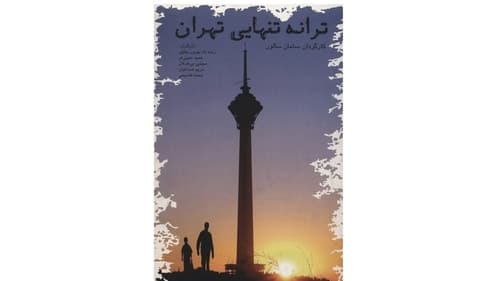
Directed by Saman Salur

In Men of the City, Isaacs takes a more stylised approach to the lives of workers in the City of London during the recent financial meltdown, balancing sensitive portraits of diverse individuals striving to retain their dignity and humanity in the midst of the crisis. Strong human characters are at the heart of all of Isaacs' work, and with these films he continues to create a unique vision of modern Britain.
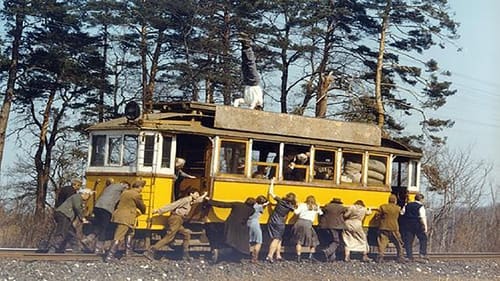
"Budapest Tales" is about a group of people (consisting of Szabo regular Andras Balint along with Ildiko Bansagi and Karoly Kovacs) who find a broken down tram while trying to go to the city. The people band together and try to get the tram back on the train tracks and head towards the city. Along this journey the passengers encounter many people who join them on the tram. What started out as only a handful of people has now turned into a small village. As the people travel on to the city each person takes on certain roles and through the course of time these roles will change. Some people fall in love, others out of love, and a few even die. But life goes on. The people keep the tram going hoping to reach Budapest.

Four types of visual interpretation of four songs by Karol Szymanowski. Polish words by Julian Tuwin, English translation by Jan Sliwinski.
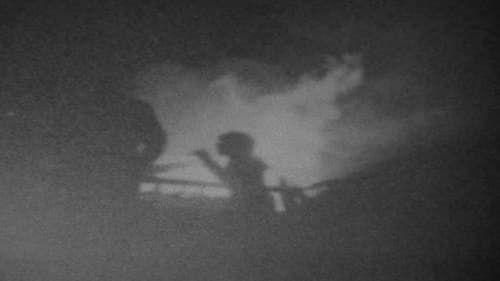
A family's place in the wilderness, outside of time; free-range animals and children, junk and nature, all within the most sublime landscape. The work aims at an idea of freedom, which is reflected in the hand-processed Scope format, but is undercut with a sense of foreboding. There's no particular story; beginning, middle or end, just fragments of lives lived, rituals performed.
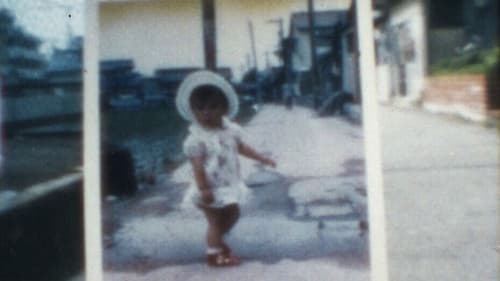
A diary film about Kawase's relationship with her Grandma and the search for her Father, whom she has not seen since her parents divorced during her early childhood.
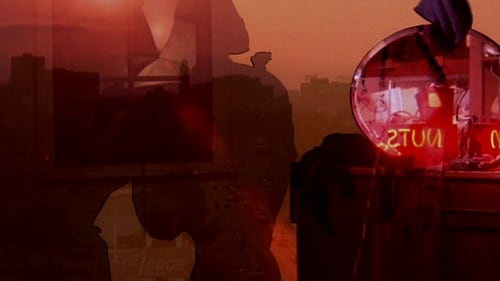
Pat O'Neill, one of the most interesting filmmakers in America today, offers a dazzling reflection on the conflict between nature and man in Los Angeles, or the desertification of the city's surroundings due to its enormous water consumption. More interestingly, it is also a film in the age-old tradition of city symphonies: a film about LA's foundation myths and the dreams it embodies, about its history and (grim) future, its topography and ethnography. O'Neill uses footage from several classic films to recreate the several layers of meaning emanating from the city, juxtaposing images and fantasies and hardly ever allowing one picture to go untouched. George Lockwood's swarming soundtrack is likewise composed of conflicting languages, an elaborate work of plunderphonics in which snippets of sound stolen from movies collide with electronic soundscapes, contemporary chamber music, improv, and what not.

About an aspiring author who wakes up from a 27-year coma as one of his country's finest authors, credited for a book he didn't write.

One of America’s foremost practitioners of the essay film presents a major new work inspired by the writings of Gilles Deleuze on cinema. Andersen’s The Thoughts That Once We Had is a richly layered journey through cinematic history, masterfully edited as it playfully moves across decades and genres, and suffused at every turn by the renowned filmmaker and critic’s lifelong passion for the movies.

A stunning study of real-time light changing from day to night which was filmed in a forest high up in California’s Sierra Nevada Mountains


